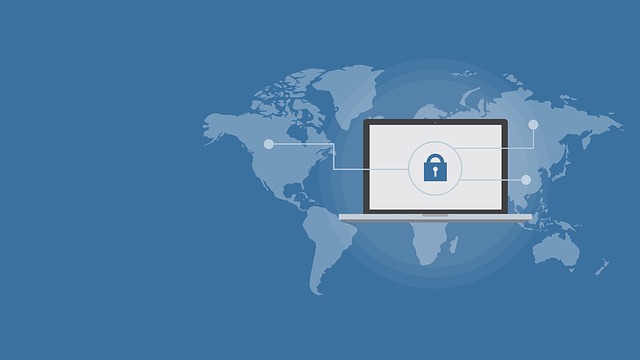How to Protect Your Business’s Computer Network

Your business needs a computer that is connected to a network, or in other words, the internet. Think, for a moment, about all of the benefits that you would obtain from doing this. You would be able to communicate with your clients, customers, and prospective employees daily. Not to mention, it allows you to have a presence on the world wide web, improving your credibility as a company. So, you decided to set up a computer network, but have you thought about what you need to do to protect it? To safeguard yourself against cybersecurity attacks and to keep your connection secure, you must adhere to the following steps. Monitor by installing a firewall A firewall is a software that people use to protect their private network security. It is precisely for this reason that it should be one of the first steps people take to safeguard their networks, which they must have turned private, to begin with. You don’t want unauthorized users to access your internet, right? That is why a firewall can act as a defense against this, as it can monitor and prevent security breaches at the same time.








